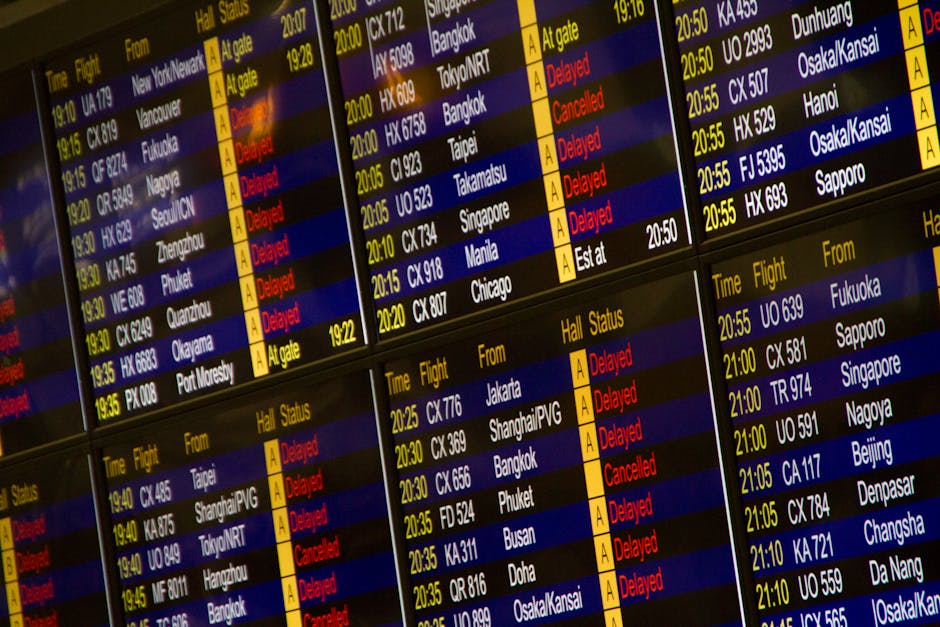**
We’ve all been there. That sinking feeling when you realise you booked a flight for the wrong date, or a last-minute emergency forces a change of plans. For years, Indian air travellers have felt cornered by rigid airline policies and the hefty fees that follow, often costing more than the original ticket. But a massive, passenger-friendly shift might be on the horizon.
In what could be a game-changing move, the Directorate General of Civil Aviation (DGCA) is reportedly planning major relief for air travellers by drafting new rules aimed squarely at empowering the passenger. The aviation regulator is considering proposals that could bring much-needed flexibility and transparency to flight bookings in India.
What are the DGCA’s Proposed New Rules?
At the heart of the DGCA’s plan is a series of passenger-centric reforms. If implemented, these changes could fundamentally alter how you book and manage your flights. According to sources familiar with the matter, the key proposals include:
- Zero Cancellation/Change Fees: A “free-look” period allowing travellers to cancel or change flight details free of cost.
- Automatic Refunds: A streamlined process for automatic refunds in case of airline-initiated cancellations or significant delays.
- Enhanced Compensation: Better compensation and facilities for passengers who are denied boarding due to airline overbooking.
The 24-Hour ‘Free Look’ Period: A Game-Changer
The headline proposal is a “zero cancellation charge” policy. This would allow you to cancel flights or change dates for free within 24 hours of making the booking, provided the flight is at least seven days away. This gives travellers a crucial window to correct errors—like a misspelled name or an incorrect date—without incurring a significant financial penalty. This practice is already standard in many international markets, like the United States.
Beyond Free Cancellations: More Relief for Travellers
The DGCA’s planned relief for air travellers doesn’t stop at cancellation fees. The regulator is also targeting other major pain points:
- Streamlined Refunds: A major frustration for passengers is the complex refund process. Under the new framework, if an airline cancels or significantly delays a flight, you would be entitled to an automatic refund. This places the responsibility of reimbursement squarely on the airlines, eliminating the need for endless follow-ups.
- Denied Boarding: To tackle overbooking, the new proposals aim to enhance the compensation and re-accommodation facilities for passengers who are denied boarding despite holding a confirmed ticket, ensuring they aren’t left stranded.
Why is the DGCA Planning These Changes Now?
This move by the DGCA comes at a critical time. With post-pandemic air travel booming, passenger complaints regarding sky-high ticket prices and inflexible airline policies have soared. The regulator’s initiative appears to be a direct response to this growing public outcry, signalling a clear pivot towards a more passenger-centric environment.
Potential Turbulence: How Will Airlines Respond?
Naturally, these proposals are expected to face some resistance from the airline industry. Carriers will likely argue that such policies could negatively impact their revenue models, which often rely on ancillary charges like cancellation and change fees. The DGCA will have to perform a delicate balancing act to protect passenger rights without compromising the financial health and operational stability of the airlines.
For the average Indian traveller, however, this is overwhelmingly positive news. It promises an end to the anxiety of booking flights and provides more power to the consumer. While these rules are still in the proposal stage, the DGCA has filed a flight plan towards a fairer sky.
**




